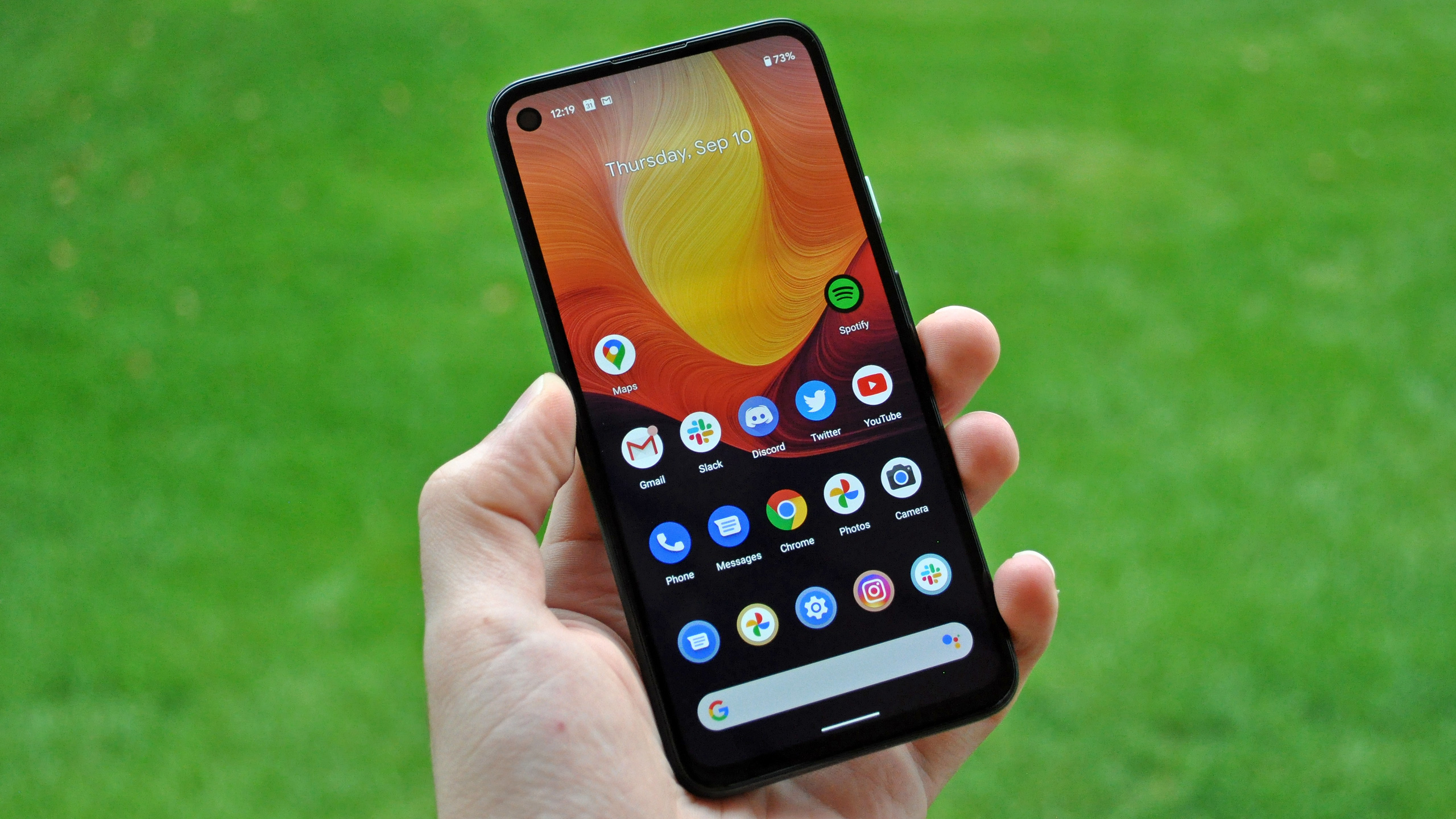Why you need an Android VPN
Don’t go on the web without using a trustworthy VPN on your Android device

A virtual private network (VPN) is a secure link between your device and a remote server. All your traffic is encrypted, so intermediaries can’t see what is being transmitted. Since you’re connecting to the internet through a remote location, every website you visit will see that location’s IP address instead of your true IP address – this keeps you anonymous online.
VPNs can be used on PCs, Macs, routers, and Smart TVs, and you can use an Android VPN on your Android device or an iPhone VPN on iOS devices. In this article, we look at three benefits of using a VPN on Android in particular, and what we think is the best VPN for the job.
Secure your browsing on public Wi-Fi
The biggest reason to use a VPN on your Android device is that when using a mobile device, you often connect to the internet through public Wi-Fi, which means you’re joining a pool of networked devices. It’s possible for malicious actors to then snoop on the traffic you’re sending back and forth on the internet. Since you can use your Android device for important tasks, such as banking and shopping, it’s sensible to use a VPN to secure your browsing from prying eyes when out and about.
Between your phone and the websites you’re visiting, there are always intermediary servers that relay the data. Using a VPN ensures that none of them can see what you’re doing or identify who you are.
Unblock geo-restricted content
Some content on streaming sites like Netflix are only available if you connect to the service from within certain countries. With a VPN, you can get around this by connecting through a server in the relevant country.
For example, if you use a VPN in Australia, you can connect to a VPN server in the US and watch streaming content that’s only available there. In case you’re wondering, this is completely legal.
The same also goes for regional streaming services like Hulu or the UK’s BBC iPlayer. Although these are only available in a single country, you can use a VPN to virtually place yourself there and access all the exclusive content. Some of these services, like iPlayer and NBC’s Peacock, are entirely free, meaning you can get unpaid access to content you might otherwise have to sign up to a paid service to watch.
Sign up to get the BEST of Tom's Guide direct to your inbox.
Get instant access to breaking news, the hottest reviews, great deals and helpful tips.
Get around content blocks and firewalls
A VPN can be used to circumvent firewall-blocking rules. Your school, workplace, internet service provider, or country may block certain websites, but switch on your VPN, and the firewall won’t be able to tell that you’re accessing the blocked website at all.
Some internet service providers will also block or throttle the speeds of certain types of internet traffic – perhaps when you’re streaming, torrenting, or even gaming. A VPN can help you maintain a faster connection speed, regardless of what you’re using your internet for.
What's the best VPN for my Android device?
ExpressVPN is the best Android VPN available.
With 3,000+ servers in 94 countries, ExpressVPN got a huge network, and it delivers great speeds all over. That's all alongside excellent streaming power, and super simple apps for all your devices besides your Android.
ExpressVPN also has one of the strongest levels of security that we’ve ever seen on a VPN, and no logs are stored of your browsing activities. There’s even a Privacy and Security Tools menu on Android, so you can check that your IP address is hidden and that you don’t have any DNS leaks. It’s easy to recommend ExpressVPN as the top Android VPN overall.
You'll have 24/7 live chat support for the unlikely situation that anything goes awry, and you'll also get a 30-day money-back guarantee to test it out. On top of that, Tom's Guide readers can claim three months free on an annual plan. What's not to like?
Richard is a technology writer with over 20 years experience in website development, marketing, and SEO. A graduate in Computer Science, he has lectured in Java programming and built software for companies including Samsung and Walmart. Richard writes for TechRadar, IT Pro, Tom's Guide, and PC Gamer.


